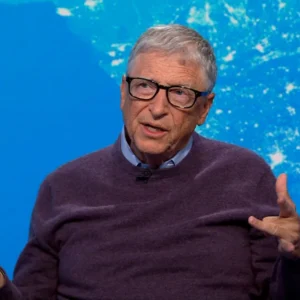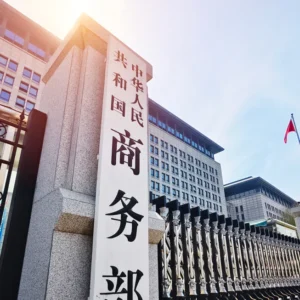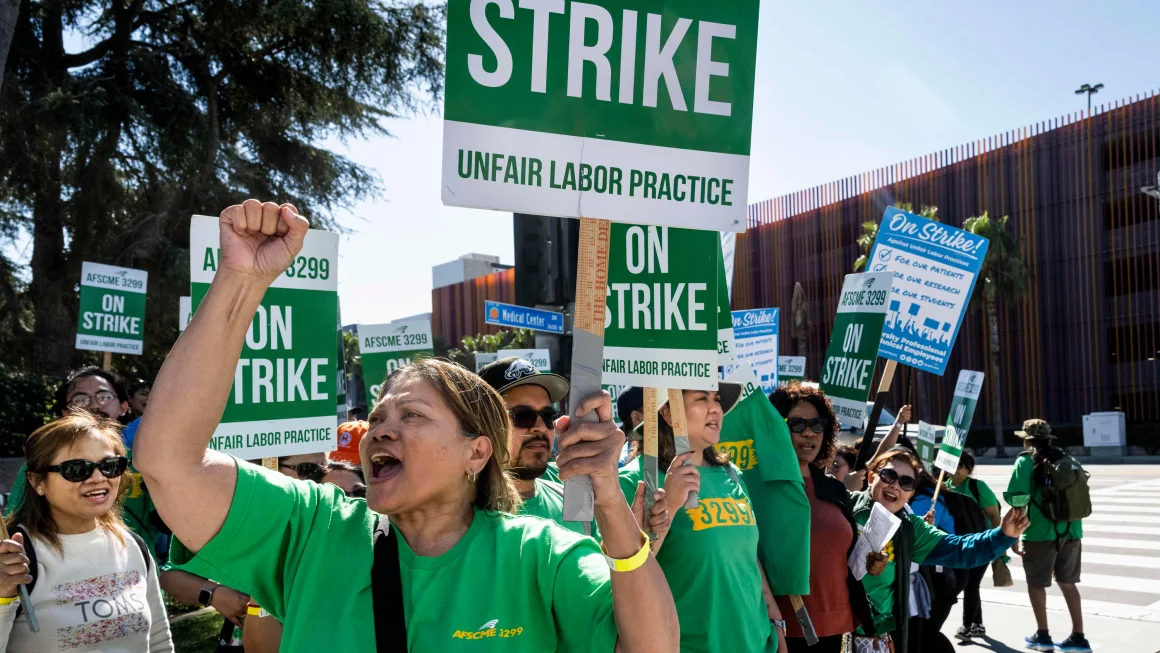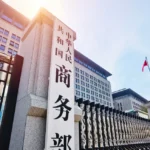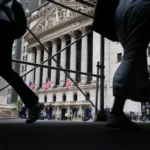China has called on global businesses to resist protectionism and uphold globalization as Premier Li Qiang addressed top executives gathered in Beijing for the China Development Forum. Li emphasized that economic decoupling and disruptions to supply chains would only deepen global crises, urging international companies to maintain cooperation.
The high-profile event, attended by CEOs such as Apple’s Tim Cook, FedEx’s Raj Subramaniam, and Pfizer’s Albert Bourla, comes at a time of escalating trade tensions. Former U.S. President Donald Trump has imposed new tariffs on Chinese goods in a bid to rebalance trade relations, prompting retaliatory measures from Beijing.
China’s Stance on Trade and Globalization
Speaking at the forum, Li warned that returning to economic isolationism would be a “tragedy for humanity,” reaffirming China’s commitment to keeping markets open for foreign investors. He also assured that the Chinese government is prepared for “unexpected shocks” and will introduce policies to stabilize the economy if necessary.
The forum serves as a crucial platform for dialogue between Chinese officials and international business leaders, especially amid rising U.S.-China trade tensions. Li also met with U.S. Senator Steve Daines, a close Trump ally, in what was described as a “first step” toward potential discussions between Trump and Chinese President Xi Jinping.
Growing Trade Uncertainties
Multinational executives at the forum discussed the impact of ongoing trade disputes and the need for flexibility in global supply chains. Jon Abrahamsson Ring, CEO of Inter IKEA Group, emphasized the importance of rule-based trade, highlighting its role in advancing sustainability and affordability.
Meanwhile, Rich Lesser, global chair of Boston Consulting Group, noted that businesses must adapt to long-term shifts in technology, sustainability, and geopolitics, which will reshape trade for years to come.
China, seeking to bolster investor confidence amid slowing economic growth, used the forum to position itself as a defender of globalization. Li reiterated that China would continue to act as a “responsible major country” and uphold fairness in global trade.
However, concerns over China’s business climate persist. Foreign firms have grown wary of operating in the country due to rising geopolitical tensions and national security policies that have led to scrutiny of foreign companies. Additionally, global governments have raised concerns over China’s subsidized exports, particularly in electric vehicles and green technologies, arguing they create an uneven playing field for domestic manufacturers.
As trade uncertainties loom, the coming weeks could bring further economic shifts, with Washington expected to announce new tariffs on multiple countries. The forum in Beijing underscores the ongoing debate over the future of global trade and China’s evolving role in the international economy.
